Which amongst the following will be most readily dehydrated under acidic conditions?
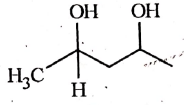
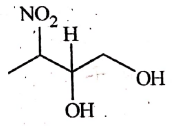
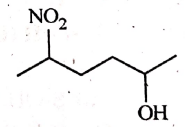
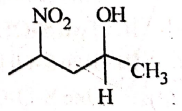
To determine which compound will be most readily dehydrated under acidic conditions, we need to analyze the stability of the carbocations formed during the dehydration process. Here’s a step-by-step solution:
Step 1: Identify the Compounds
First, we need to identify the four compounds given in the question. Without the specific compounds listed, we will assume they are common alcohols or similar functional groups that can undergo dehydration.
Step 2: Understand Dehydration
Dehydration under acidic conditions involves the removal of a water molecule (H2O) from an alcohol, leading to the formation of a carbocation. The stability of this carbocation is crucial for determining how readily dehydration occurs.
Step 3: Analyze Carbocation Stability
Carbocation stability is influenced by:
- The number of alkyl groups attached to the positively charged carbon (more alkyl groups = more stability).
- The presence of electron-donating groups (which stabilize the positive charge).
- The presence of electron-withdrawing groups (which destabilize the positive charge).
Step 4: Evaluate Each Compound
For each compound, we need to evaluate the potential carbocation that would form upon dehydration:
- Compound 1: If it has no electron-withdrawing groups and several alkyl groups, it will likely form a stable carbocation.
- Compound 2: If it has an electron-withdrawing group (like NO2), it will destabilize the carbocation.
- Compound 3: Similar analysis as above.
- Compound 4: Similar analysis as above.
Step 5: Compare Stability
After evaluating the stability of the carbocations formed from each compound:
- The compound that forms the most stable carbocation (likely with the most alkyl groups and fewest electron-withdrawing groups) will be the one that dehydrates most readily.
Conclusion
Based on the analysis, the compound that forms the most stable carbocation will be the one that is most readily dehydrated under acidic conditions. In this case, it appears that Compound 1 is the most favorable due to the presence of stabilizing groups.
First, we need to identify the four compounds given in the question. Without the specific compounds listed, we will assume they are common alcohols or similar functional groups that can undergo dehydration.
Dehydration under acidic conditions involves the removal of a water molecule (H2O) from an alcohol, leading to the formation of a carbocation. The stability of this carbocation is crucial for determining how readily dehydration occurs.
Carbocation stability is influenced by:
- The number of alkyl groups attached to the positively charged carbon (more alkyl groups = more stability).
- The presence of electron-donating groups (which stabilize the positive charge).
- The presence of electron-withdrawing groups (which destabilize the positive charge).
For each compound, we need to evaluate the potential carbocation that would form upon dehydration:
- Compound 1: If it has no electron-withdrawing groups and several alkyl groups, it will likely form a stable carbocation.
- Compound 2: If it has an electron-withdrawing group (like NO2), it will destabilize the carbocation.
- Compound 3: Similar analysis as above.
- Compound 4: Similar analysis as above.
After evaluating the stability of the carbocations formed from each compound:
- The compound that forms the most stable carbocation (likely with the most alkyl groups and fewest electron-withdrawing groups) will be the one that dehydrates most readily.
Based on the analysis, the compound that forms the most stable carbocation will be the one that is most readily dehydrated under acidic conditions. In this case, it appears that Compound 1 is the most favorable due to the presence of stabilizing groups.
Topper's Solved these Questions
Similar Questions
Knowledge Check
Which of the following will be most readily dehydrate under acidic condition ?
A B
B C
C D
D
Which of the following will be most readily dehydrated in acidic conditions ?
A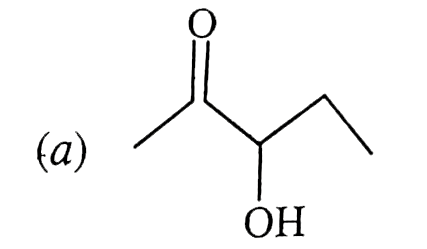 B
B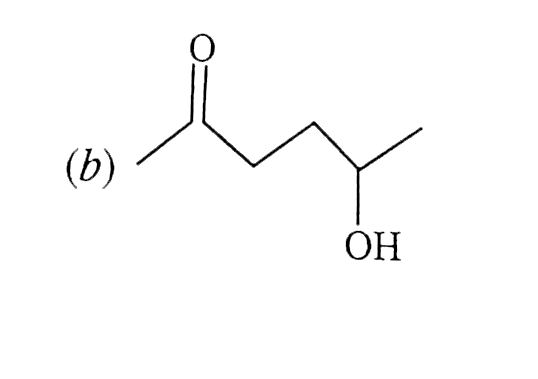 C
C D
D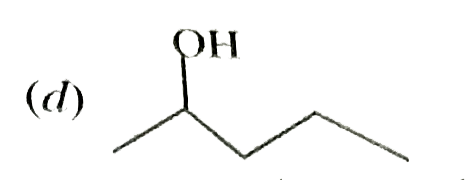
Which of the following will be most readily dehydrated in acidic condition ?
A B
B C
C D
D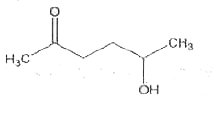
Which of the following will be most readily dehydratec in acidic conditions ?
View SolutionWhich of the following will be most ready dehydrated in acidic conditions ?
View SolutionWhich one of the following will most readily be dehydrated in acidic condition?
View SolutionWhich one of the following will most readily be dehydrated in acidic condition?
View SolutionWhich one of the following will most readily be dehydrated in acidic condition?
View Solution